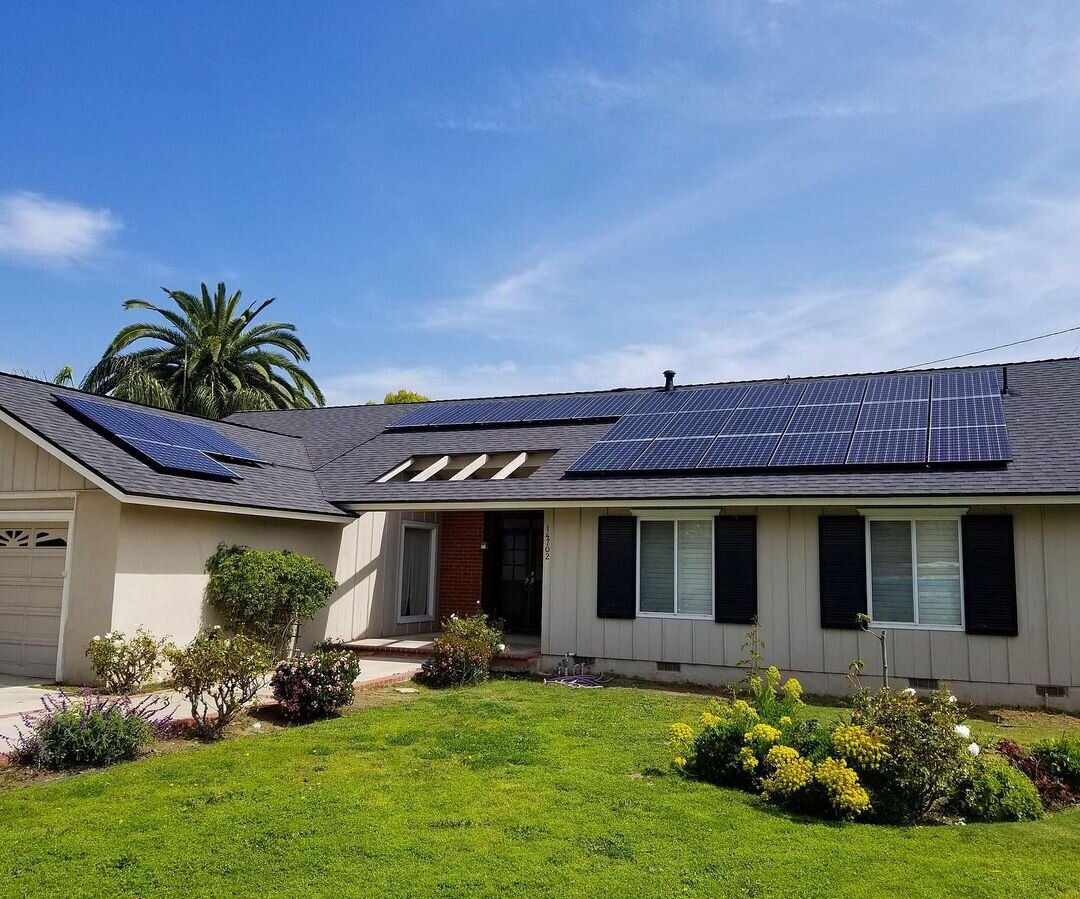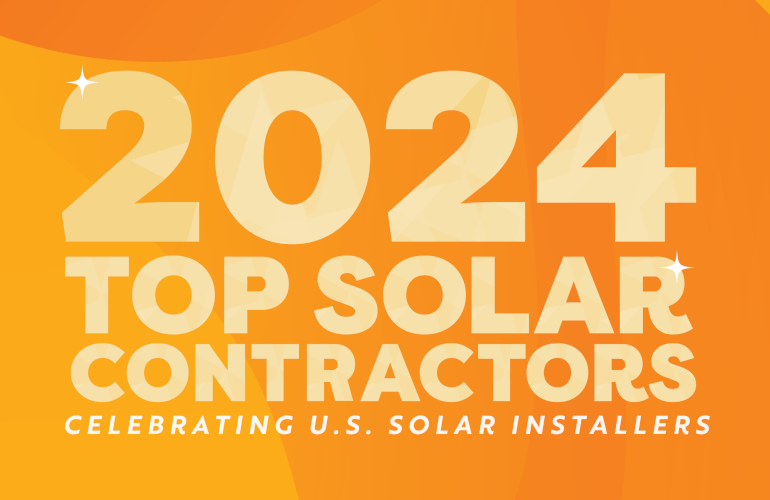It’s everybody’s favorite time of the year: tax season! If you purchased a residential solar system last year, you are probably wondering if you qualify for any solar tax credits and if so, what are you allowed to claim?
The good news is that you can save up to thousands of dollars on your solar purchase as long as your system was permitted, installed, and approved by December 31 of last year. You just need to let your accountant know that you went solar last year or – if you are filing your own taxes – request the necessary paperwork before you file. Keep reading to learn more.
Do I Quality for Solar Tax Credits in 2021?
As you own your solar system and had it approved for operation before December 31 of last year, you are eligible for the Solar Investment Tax Credit.
According to EnergySage, “Even if you don’t have enough tax liability to claim the entire credit in one year, you can “roll over” the remaining credits into future years for as long as the tax credit is in effect.” And while you don’t necessarily have to own the home, you do need to own the solar system. Tax credits do not apply to solar systems that have been leased or rented.
What Do The Solar Tax Credits Cover?
As of right now, the Solar Investment Tax Credit is worth 26% of your total cost. Make sure you are keeping all your receipts so you have an accurate record of the costs. The following is a breakdown of what you’re allowed to claim as part of the Solar Tax Credits:
-
Solar PV panels or PV cells
-
Wiring and mounting equipment
-
Energy storage devices
-
Contractor fees and labor costs (electrician fees, engineers, etc)
-
Permitting costs
-
Inspections costs
-
Developer fees
-
Sales tax on eligible items
While the above costs are covered under the Federal Solar Tax Credit, there are also various local and state programs you can also look into. Be sure to investigate utility company rebates and state tax incentives, as well.
Claiming Solar Tax Credits in 2021
In order to claim your tax credits this year, make sure to let your accountant know that you made the transition last year and be prepared to have detailed records of all your expenses on hand. If you plan to file your own tax return, you’ll need to download and fill out IRS Form 5965. In either case, we recommend filing early this year as taxes will be handled a bit differently and you’ll want to avoid any potential roadblocks that could delay you from getting your tax return on time.
As readers probably already know, the Federal Solar Tax Credit was recently extended as part of the COVID Relief Bill passed by Congress in December of 2020. This means that homeowners can still receive the 26% tax credit through the end of 2023. To learn more about available tax credits, contact Solar Optimum today or download our free guide below!







